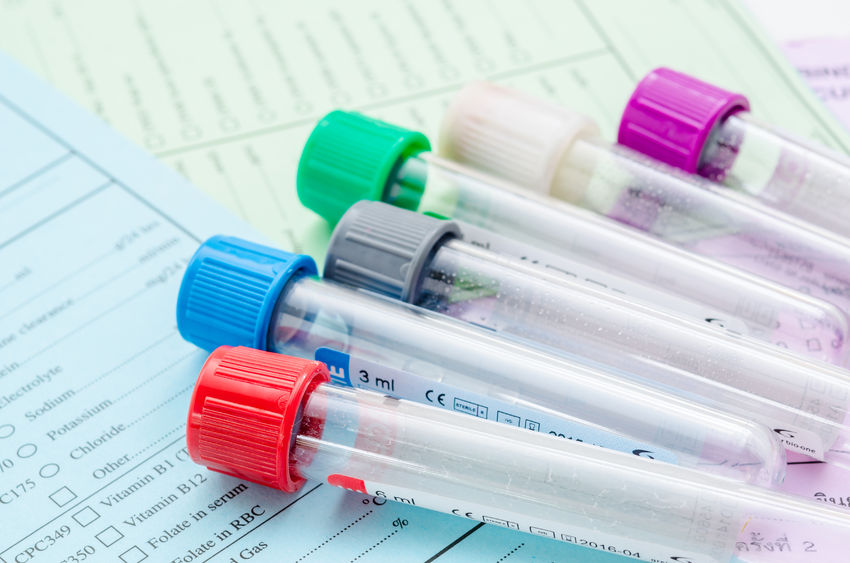
PAPPa
Also known as Pregnancy Associated Plasma Protein A Automated BloodWhat is this test?
This test is used to find out the PAPP-A Pregnancy Associated Plasma Protein-A levels in the blood.
What is Pregnancy-Associated Plasma Protein A:
PAPP-A Pregnancy Associated Plasma Protein-A is a protein produced by both embryo and syncytiotrophoblast cells present in the placenta. Syncytiotrophoblast is the epithelial covering of the highly vascular embryonic placental villi. The placenta is an organ which is developed in the uterus during pregnancy. This attaches to the uterus wall and provides nutrients, oxygen to the growing baby. It also removes the waste products from the blood of the growing baby.
PAPP-A Pregnancy Associated Plasma Protein-A is found in both men and women. PAPP-A levels increase in the pregnant women’s blood during pregnancy until delivery of the fetus. It is used as a biomarker for trisomy 2, and cardiovascular risk in patients suffering from unstable angina and acute myocardial infarction. It has different functions like bone remodeling, wound healing, preventing the immune system to detect the fetus, matrix mineralization and helps in the formation of new blood vessels.
PAPP-A can be detected in blood samples after 32 days of ovulation. The levels of PAPP-A doubles continuously for every 3 days and the peak levels can be observed until the delivery of the fetus.
Why This test Is Performed:
This test is done to know whether an individual is having normal or abnormal PAPP-A levels in the blood of the body. The doctor may ask to perform this test to diagnose a potential miscarriage (spontaneous loss of pregnancy) of the baby. This test is also done to determine the risk of developing cardiovascular disease in individuals who are having circulating and unstable plaques in the blood and renal impairment. This test is also suggested as first and second-trimester diagnostic test for aneuploidies. The doctor may suggest this test before starting a treatment which may affect the embryo or fetus in the pregnant women. This test also helps to screen Edward’s syndrome (condition in which the baby suffers from severe developmental delays due to an extra chromosome 18) and Down syndrome(the genetic disorder which causes developmental and intellectual delays due to the presence of chromosome 21).
How Often This Test Should Be Performed:
Pregnant women should take this test between 11-14 weeks of pregnancy.
Precautions:
Drugs such as cisplatin, methotrexate, carmustine etc may change the levels of PAPP-A in the blood. So inform your doctor prior to the test if you are on these medications.
Also known as PaPP A Automated Blood, PAPPa Automated Blood, PaPP A, Pregnancy Associated Plasma Protein A.
Test Preparation
Inform your doctor if you are on any medications, have any allergies or underlying medical conditions before your PAPPa. Your doctor will give specific instructions depending on your condition on how to prepare for PAPPa.
There are no specific preparations required for the PAPP-A Test.
Understanding your test results
If test results are more than the normal range then it may indicate that there may be a chance for pregnancy, myocardial infarction, and unstable angina.
If test results are less than the normal range, then it indicates that there may be a chance for conditions such as possible miscarriage (spontaneous loss of pregnancy), Edward’s syndrome (condition in which the baby suffers from severe developmental delays due to an extra chromosome 18) and Down syndrome (the genetic disorder which causes developmental and intellectual delays due to the presence of chromosome 21), increased risk of intrauterine growth restriction, pre-eclampsia, stillbirth, premature delivery, gestational diabetes mellitus, lack of oxygen for the baby at birth.
| Gender | Age groups | Value |
| FEMALE | All age groups | The level of the protein increases throughout pregnancy |

